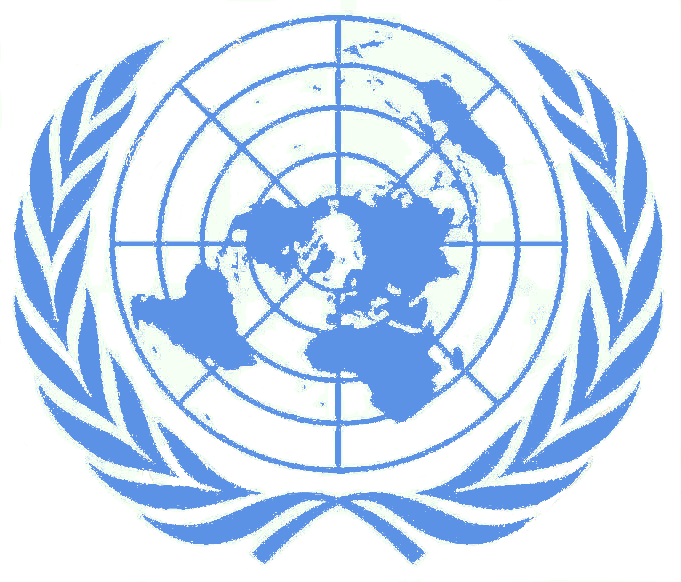 UN Vehicle Regulations
UN Vehicle Regulations
The UN World Forum for the Harmonization of Vehicle Regulations gathers regulators from around the world to develop environmental and safety regulations. The Forum enables regulators to establish regulatory requirements while avoiding technical differences that hamper international trade.
Also known as "Working Party 29" or WP.29, the Forum oversees three international agreements through which regulators agree on requirements for motor-vehicle safety, environmental impact, fuel and energy consumption, and vehicle-related theft prevention:
- 1958 Agreement
- 1998 Global Agreement, and
- 1997 Agreement on Periodic Technical Inspections
The 1958 Agreement originally established a common procedure for the approval of automotive equipment to facilitate trade within Europe. Signatories agreed to use the same technical requirements and approval processes and to accept approvals granted by one another. These "UNECE Regulations" were agreed through WP.29 and then transposed into each nation's legislation. Today, these "UN Regulations" are a critical part of the European Union's regulatory system.
Global interest in the World Forum rose during the 1990s. The 1998 Global Agreement was established to enable the World Forum to contribute more directly to the development of uniform vehicle regulations among countries that do not use the "type approval" system and/or only recognize approvals granted under their national jurisdictions.
The 1997 Agreement currently joins twelve nations in an evolving system for vehicle inspections.
In order to manage work undertaken through these various agreements, the World Forum consists of four executive or administrative bodies:
- AC.1 for work under the 1958 Agreement
- AC.2 to coordinate work across agreements
- AC.3 for work under the 1998 Agreement, and
- AC.4 for work under the 1997 Agreement.
These "administrative committees" are comprised of the signatories to the respective agreements, such that they sit in general assemblies to discuss and vote on policies or regulatory initiatives under their purviews.
WP.29 seeks consensus before adopting proposals such that an objection by any signatory to a given measure will generally prevent its immediate adoption.
Sessions of the World Forum are divided into distinct agendas for each administrative or executive committee. While signatories and non-governmental organizations participate in these sessions, only signatories to the respective conventions may vote on propositions.
Work undertaken by the Forum is usually parceled out across six permanent Working Parties:
- Working Party on Noise and Tyres (GRBP)
- Working Party on Lighting and Light-Signalling (GRE)
- Working Party on Pollution and Engery (GRPE)
- Working Party on Automated and Connected Vehicles (GRVA)
- Working Party on General Safety (GRSG), and
- Working Party on Passive Safety (GRSP).
These Working Parties often mandate ad hoc committees, known as Informal Working Groups, to draft specific regulatory and technical language for review.
For more information, you can consult the World Forum website or go directly to the "WP.29 Blue Book", a document that details the history and procedures of the World Forum. The Blue Book is available in Arabic, Chinese, English (updated 2018 version), French, Russian, and Spanish.